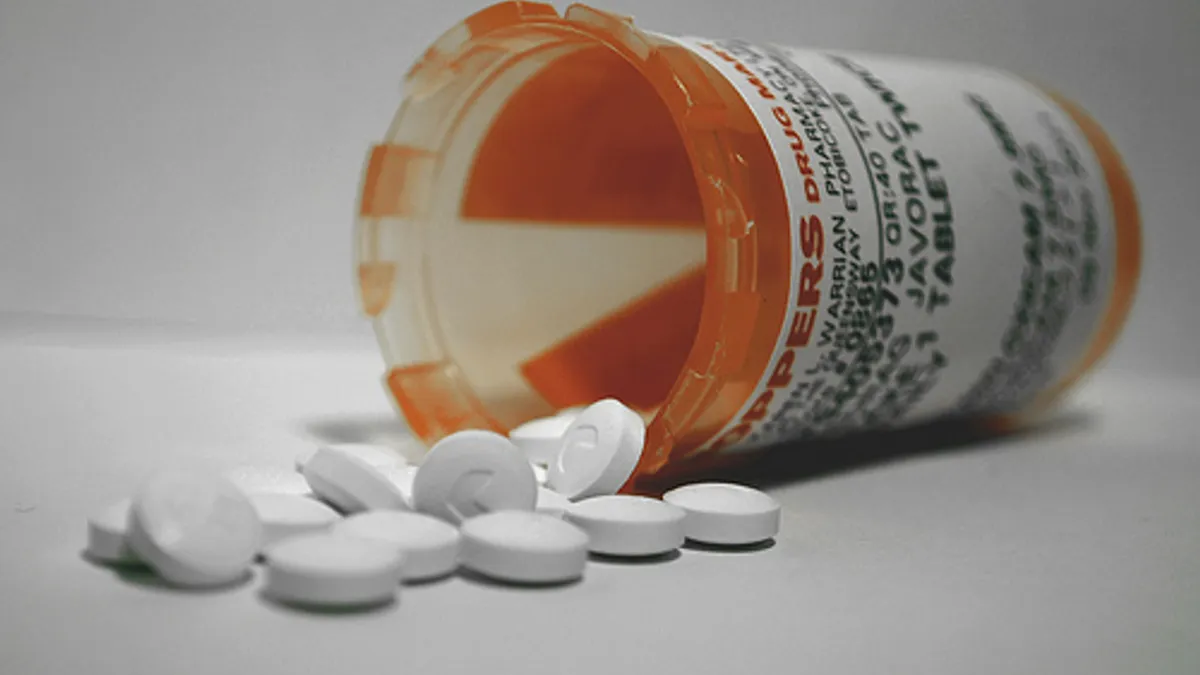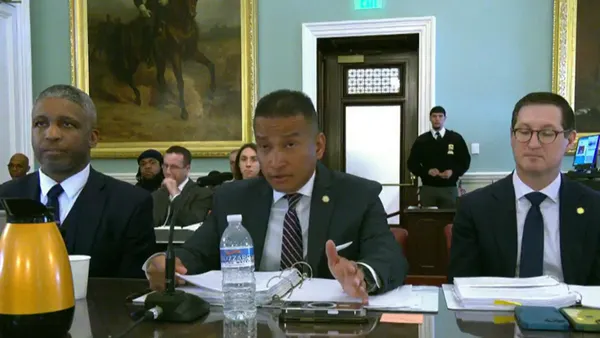Returning extra medicine to the pharmacy for disposal might not be worth the extra time, money or greenhouse gas emissions, according to a University of Michigan study that is the first to look at the net effects of so-called take-back programs.
The new evidence suggests that discarding unused drugs in the trash is a better option to limit the risk of poisoning and at the same time curb pollution of both water and air.
To arrive at this conclusion, the researchers compared the total emissions created by take-back, trash and toilet disposal methods. This included emissions of pharmaceutical active ingredients as well as releases of other water and air pollutants.
"National policy seems to be changing to support take-back programs, and we don't know if that's justified," said Sherri Cook, a doctoral student in the U-M Department of Civil and Environmental Engineering. Cook is first author of a paper on the findings published in the May 16 edition of Environmental Science & Technology.
U.S. households accumulate an estimated 200 million pounds of unused pharmaceuticals every year, the researchers say. In most cases today, the FDA recommends throwing them away, but only if you don't have access to a take-back program. Cities, states and even some stores have initiated them. From collection sites, the returned drugs are transferred to another facility where they're incinerated as hazardous...













